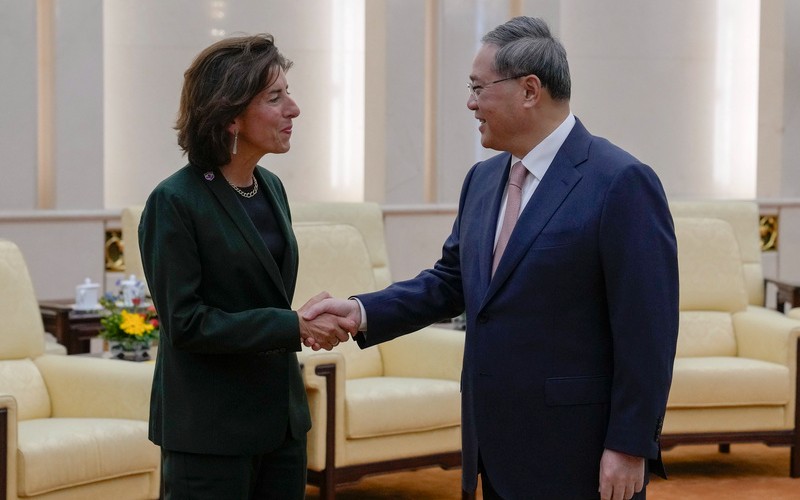American Family News spoke to Joseph Humire, executive director of the Center for a Secure Free Society, who focuses on Latin America's national security at The Heritage Foundation. Iran took interest in Latin America 40 years ago, at the dawn of the 1979 Iranian revolution, he says, but there has been an obvious escalation.
According to Humire, a new bilateral defense agreement between Bolivia and Iran was recently reported on Iranian state media. On the same day, the Venezuela’s Maduro regime received hundreds of automobiles from a sanctioned Iranian cargo ship.
Within days, Humire writes, “Iran-made fast attack craft and anti-ship missiles were on full display at the Venezuelan Navy’s bicentennial celebration, while Bolivia’s defense minister confirmed that their agreement with Iran includes the transfer of drones to the landlocked Andean nation.”

“The idea was always to diminish the geographic disadvantage that Iran has with United States," he tells AFN.
Because Iran has long considered the United States an adversary, it makes sense to build their capabilities through proxy nations in Latin America much like Iran does in the Middle East.
Humire has studied and written about Iran's influence in Latin America for at least a decade. His first book, Iran's Strategic Penetration of Latin America, published in 2014.
“The big difference between Latin America and the Middle East is the obvious difference—religion,” he notes. “They use a lot of the religious components to be able to spread their proxy networks in the Middle East.”
 In Latin America, he says, the “sales pitch” is a list of grievances. One sales pitch comes in the form of a social movement to protect natural resources, which are abundant and important in the region.
In Latin America, he says, the “sales pitch” is a list of grievances. One sales pitch comes in the form of a social movement to protect natural resources, which are abundant and important in the region.
Using this strategy, Humire warns, Iran has been "carefully and systematically" developing networks in Latin America with the ultimate goal of a military presence in the region.
Going back several years, Humire and other national security experts have been watching Russian and Iranian influence in once-prosperous Venezuela under the murderous Nicolas Maduro (pictured at right) regime. That influence is now spreading into neighboring Colombia along the border it shares with Venezuela.
“Their border goes beyond cartels and mass migration,” Humire says of the two countries. “There, you start to see Russian radar systems, Iranian drones, and Chinese satellite systems.”
 Regarding that military buildup, the national security expert says most Americans who are concerned about war breaking out are watching NATO and Russia face off in Ukraine, and China threaten Taiwan. More attention, he says, needs to be focused on the U.S. southern border being overrun by illegal aliens.
Regarding that military buildup, the national security expert says most Americans who are concerned about war breaking out are watching NATO and Russia face off in Ukraine, and China threaten Taiwan. More attention, he says, needs to be focused on the U.S. southern border being overrun by illegal aliens.
“Right now it looks like it's just cartels and migration," Humire says, "but right behind it are the Chinese, Russians, and the Iranians.”
In other words, Humire predicts, the U.S. will eventually see its enemies across the Rio Grande River.







